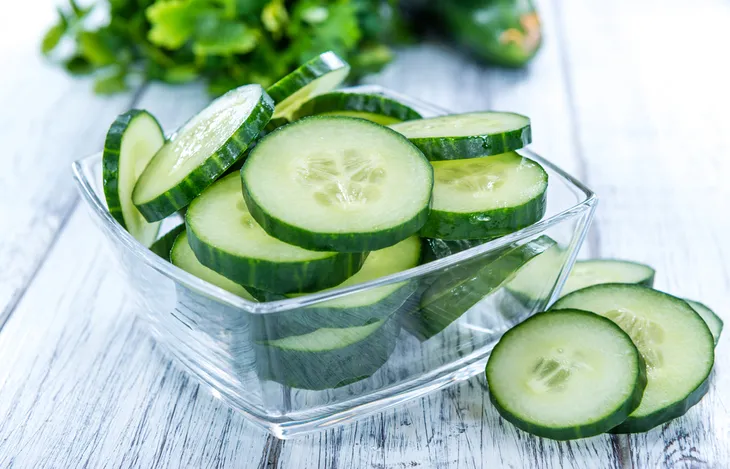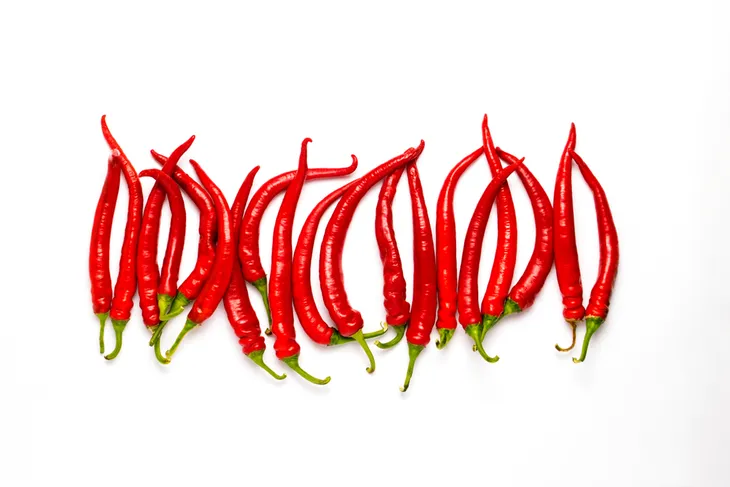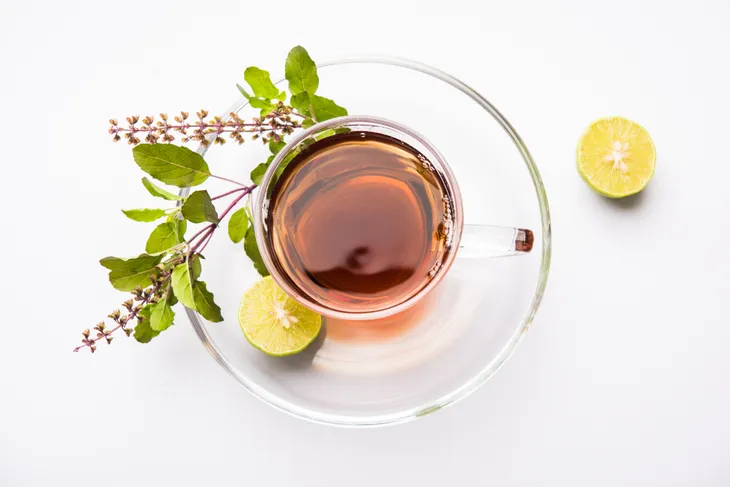You don’t always have the luxury of sitting beside a fan or an air conditioner or jumping into a cold shower when it gets hot and humid. Luckily, there are other ways to stay cooler naturally, and they involve what you eat and drink. But which foods will keep you most cool during these hot summer months?
Men’s Fitness magazine points out, we often consume cool beverages and meals that can actually have the opposite effect on us. So skip the beer (because alcohol dehydrates you) and ice cream (which slows the digestion process), and look to these other food and drink choices that are both refreshing and will keep you from overheating in the hot summer sun…
Cucumbers
If you want to be as “as cool as a cucumber,” then all you have to do is eat one. An article from Colorado State University (Master Gardener Program) states says the high content of water in cucumbers makes them ideal for hot days.
The New York Times also backs up the cooling properties of this veggie in a 2012 blog post that states cucumbers naturally cool you down, while also helping to prevent water retention (causing bloating and aches), which many people experience during balmy summer days. The blog post suggests looking for cucumbers that aren’t waxed, as the skin also has vital nutrients such as magnesium and potassium that are a bonus to eating them.
Watermelon
As its name suggests, this fruit has high water content to help keep you hydrated as you sweat it out on a long July or August day. Not only is watermelon high in nutrients that we lose naturally through perspiration, it is a light food that your body doesn’t have to work hard to digest.
Watermelon is also very versatile and you can freeze it into a summer treat to help keep the entire family cool, suggests Canadian Family magazine. The “watermelon ice pops” are much lower in calories than traditional popsicles, and you can add other lighter ingredients to help enhance the flavor.
Pineapple Smoothies
Men’s Fitness magazine suggests blending a whole bunch of crisp fruits into one very cool treat. So go ahead and blend up some banana, cucumber and even spinach to get a nutritional boost that will help shield you from the relentless rays.
While the magazine said pineapple on its on is also an effective way to lower your internal thermometer, it is also the only known source of bromelain, an enzyme that naturally reduces inflammation in the body. So whether you eat it by the slice or as a beverage, be sure you grab a pineapple on your next summer shopping outing.
Hot Peppers
Yes, you read that right, spicy foods like hot peppers can actually help keep your body temperature regulated on especially hot days. There’s something to be said for countries with the hottest climates that have spices as part of their regular diets—they’ve been using this technique for centuries.
The Huffington Post claims spices work on hot days because it’s not about the physical temperature of the food you’re consuming—spicy foods help match your internal thermometer to the outside temperature, which causes you to sweat and cool down naturally. The Huffington Post also noted this is called gustatory facial sweating, because your face usually is the first to perspire when eating peppers and other spicy fare (warning: you’ll probably feel warmer before you get cool relief).
Hot Tea
This is along the same lines as consuming spicy food, but instead of “spicy hot” food you can also cool yourself down with thermally hot beverages like hot tea (but avoid too many caffeinated hot drinks as it can spark your metabolism and heat you up). Smithsonian magazine says it’s not a far-fetched idea although it seems so counter-intuitive, especially if your buddies are sipping margaritas beside you.
According to the magazine, the principle is based on the fact that a hot drink will raise your temperature and cause a “disproportionate increase” in the amount that you sweat—which naturally makes you feel cooler as it absorbs into the air. The key, however, is that you dress to allow the excess perspiration to evaporate. So if you’re wearing extra layers for some reason on a hot summer day, discard of them!








